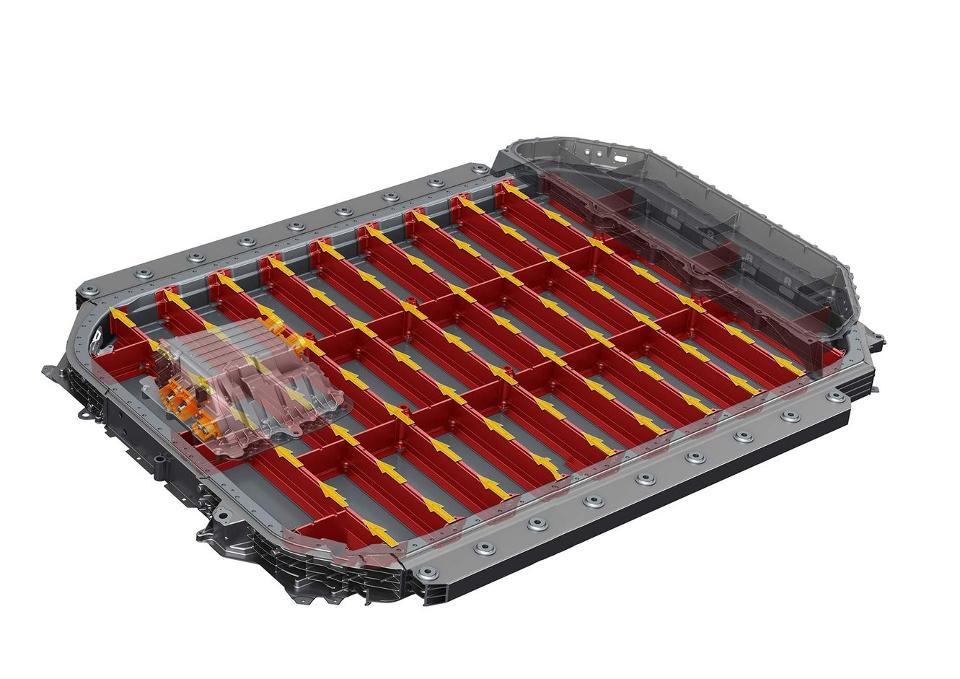Kategori : ELECTRICITY ENERGY NEWS, ENERGY AGENDA NEWS, GREEN TECHNOLOGY AND INFORMATION NEWS - Tarih : 31 March 2020
Lithium-ion batteries are an essential part of our everyday lives: they power our phones, laptops, tablets, and electric vehicles (EVs). Demand for lithium in the form of lithium carbonate and lithium hydroxide – key ingredients in these batteries – are rising rapidly: up almost 20% in 2019. Prices doubled between 2016 and 2018 in anticipation of increased demand brought on by the EV revolution.
However, the consistent increase in demand is militated against by the ongoing outbreak of coronavirus, the looming economic downturn, and the collapse of oil prices, making the future of EV sales uncertain. These are additional strains on supply chains.
 Global EV sales broke 1.2 million units in 2017 and grew to more than 2 million units in 2018: an increase of 63% on a year-on-year basis. That may only equal a penetration rate of 2.2% compared to all light duty vehicles worldwide, but with a compound annual growth rate CAGR of 59%, we could see over 70% penetration by 2050.
Global EV sales broke 1.2 million units in 2017 and grew to more than 2 million units in 2018: an increase of 63% on a year-on-year basis. That may only equal a penetration rate of 2.2% compared to all light duty vehicles worldwide, but with a compound annual growth rate CAGR of 59%, we could see over 70% penetration by 2050.
Back in February Audi temporarily halted the production of its electric SUV the e-tron, citing ‘battery supply bottlenecks’. It reduced its production to 4,100 EV, some 1,600 short of its 2020 target. This is not an isolated case.
Jaguar Land Rover is pausing the production of its I-Pace electric SUV as is Mercedes of its EQC due to the unavailability of certain key ingredients for batteries – including lithium and cobalt. Audi and Jaguar both source their batteries from a Polish factory owned by South Korean battery giant LG Chem. Despite an upstream oversupply today, we are now seeing how a crimp in any part of the supply chain can impact the finished product.
The Rising Consensus of EV adoption
Global electrical vehicle adoption is accelerating at breakneck speeds: world EV production is expected to top 4 million cars this year barred the corona slowdown, reaching 12 million in 2025. Deloitte projected that 2022 will be a tipping point for EV costs, making them cost competitive with their internal combustion engine (ICE) counterparts.
The EV battery supply chain faces a number of obstacles including high costs and environmental concerns associated with the extraction and processing of key metals. Today’s low prices, which reflect an overestimation of short-term demand, will also hurt investment in future exploration and production projects. We could be witnessing the beginning of structural undersupply of key battery materials, which will have a significant impact on EV manufacturing.
Cobalt mining, for instance, is concentrated in one country — the Democratic Republic of Congo (DRC) — responsible for 65% of global supply. The DRC is one of the world’s least developed countries and has very limited transparency in the cobalt value chain. Multiple reports detail the hazards of the DRC’s mining industry, including severe human rights abuses, dangerous working conditions, forced labor, and child labor. Yet demand for this element may reach as much as 430,000 tons in the next decade, a 1.6 fold increase compared to today’s numbers.
Current trends suggest a shortage of raw cobalt in the future: the current capacity to mine will not be able to meet growing demand. According to an MIT study, demand for the metal [$1 – $3 per oz.] is only expected to increase while supply would not shift substantially. MIT’s Olivetti Group calculated only a marginal increase in supply: from 149,000 tons in 2017 to 160,000 tons in 2023. This could lead to unsustainable price spikes, with severe implications for the green economy.
Lithium, on the other hand, does not face mining shortages. Rising prices of the core battery material caused a lithium rush in Australia, Argentina, and Chile. However, a global decrease in demand for EVs due to a weak automotive market and a reduction of sales in China have resulted in a slower pace in mining and plant construction. Suppliers must also address ethical sourcing considerations as well, as numerous communities across the globe challenge lithium mining operations.





